12 Things Boomers Should Never Do When Trying to Lose Weight
Avoid these common diet mistakes.

If you're part of the baby boom generation and are looking to drop a few pounds, you're not alone. About 42% of people over age 60 are overweight or have obesity. But after a certain age, the weight-loss techniques you followed when you were younger can become ineffective, counterproductive, and even dangerous. You can still lose weight safely and effectively with the right strategy. According to the experts, these are key things boomers should never do to their diet when trying to lose weight.

"Going on a "crash diet" or severely restrictive diet to lose weight can be counterintuitive because it can slow metabolism. When we age, our body's metabolism naturally slows down, so cutting extreme calories can backfire and cause an even slower metabolism in the long run," says Rachelle Caves, RDN, LDN, CHC, CPT, a registered dietitian nutritionist and certified personal trainer in Boston.

"Many boomers have pre-existing health conditions so they should always consider discussing their weight loss and diet approaches with their healthcare professional(s) before starting any strict weight loss plan," says Julie Upton, MS, RD, SF, a Bay Area-based registered dietitian.
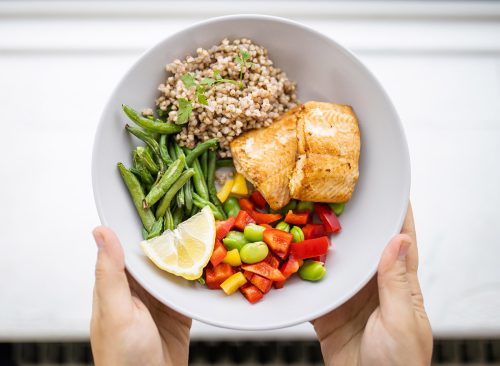
"Skipping meals can lower your blood sugar levels, make you feel hungry and irritable, and lead to overeating later," says Alex Foxman, MD, FACP, medical director of Achieve Health and Weight Loss in Beverly Hills, California. "It can also affect your cognitive function and mood. A study published in the Journal of Nutrition, Health, and Aging found that older adults who skipped breakfast had worse memory and executive function than those who ate breakfast regularly." He advises eating regular meals and snacks throughout the day to stabilize blood sugar and sate your appetite, choosing foods that are high in fiber, protein, and healthy fats.
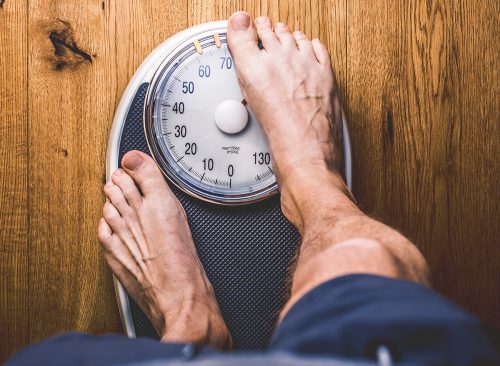
"Quick-fix solutions often lack scientific validation and can have adverse effects on health, particularly in older adults who may have preexisting medical conditions or take medications that interact negatively with certain supplements," says physician-writer Naheed Ali, MD, PhD. "Sustainable and gradual weight loss through a well-rounded, whole-foods-based diet and regular physical activity is a much safer and more effective approach for older individuals seeking to lose weight and improve their overall well-being."
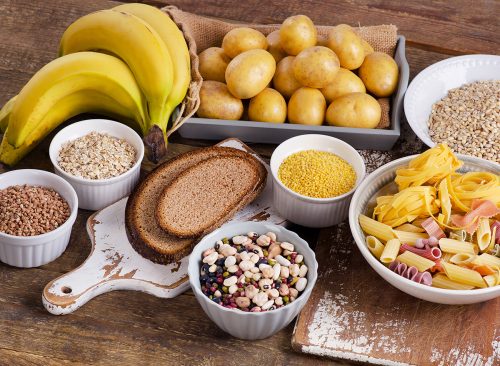
"Diets that eliminate entire food groups or promise rapid weight loss often lack essential nutrients and can be unsustainable," says Mary Sabat, MS, RDN, LD, a Georgia-based registered dietitian nutritionist and ACE-certified trainer. "As we age, certain nutrients are already harder to absorb, so restricting food groups like carbs or dairy may make it extremely hard to get all the nutrients your body needs," says Upton. Adopt a well-balanced diet that includes a variety of foods from all food groups, emphasizing lean proteins, fruits and vegetables, and complex carbs.
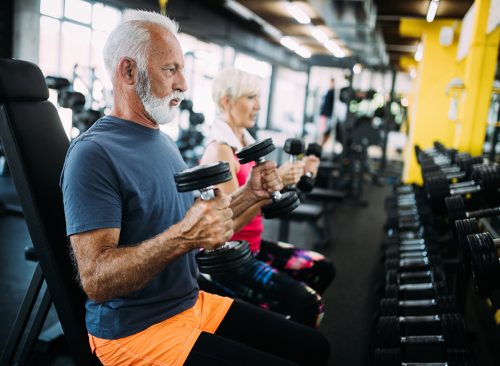
"Focusing solely on losing weight without preserving or building muscle can lead to a decrease in metabolic rate," says Sabat. Incorporating strength training exercises can maintain or increase muscle mass, which can help keep your weight down long-term. The experts recommend two sessions of strength training a week, which you can do with weights, exercise bands, or your own body weight.
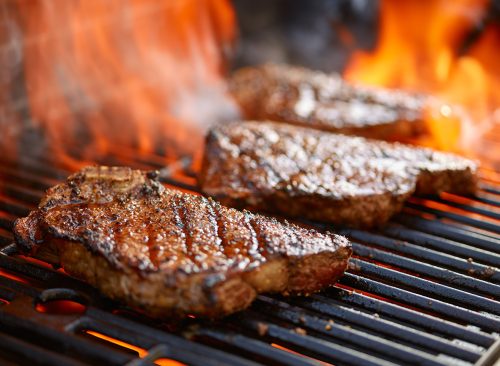
"I would not recommend this age group start eating a keto or paleo type diet (high-pro, very low carb) diet because excessive protein when you are older can be harder on the kidneys," says Upton.

"It's a triple threat for weight gain. It's high in calories, increases appetite and reduces your resolve to make smart choices," says Upton.

"Depending on supplements or diet pills for weight loss can have adverse effects, especially when mixed with medications or underlying health conditions," says Sabat. "Focus on getting nutrients from whole foods, and if necessary, consult with a healthcare provider for guidance on supplements."

"While regular physical activity is essential for overall health, intense workouts can put undue stress on aging joints and increase the risk of injuries," says Ali. "It's crucial for older individuals to engage in age-appropriate exercises that promote strength, flexibility, and balance." It's a good idea to consult with a healthcare provider or a qualified fitness professional to design a safe and effective exercise program.
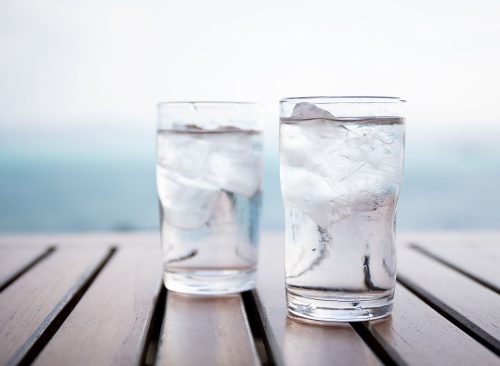
It's easier to become dehydrated as we get older, particularly during and after exercise. "Neglecting proper hydration can lead to health issues, especially for older adults," says Sabat. "Stay hydrated by drinking water throughout the day. Sometimes thirst is mistaken for hunger, so staying adequately hydrated can help control appetite."
RELATED: Surprising Signs You've Already Had COVID

"Poor sleep and chronic stress can hinder weight loss efforts and negatively impact overall health," says Sabat. "Prioritize quality sleep and engage in stress-reduction techniques such as meditation, yoga, or deep breathing exercises."














